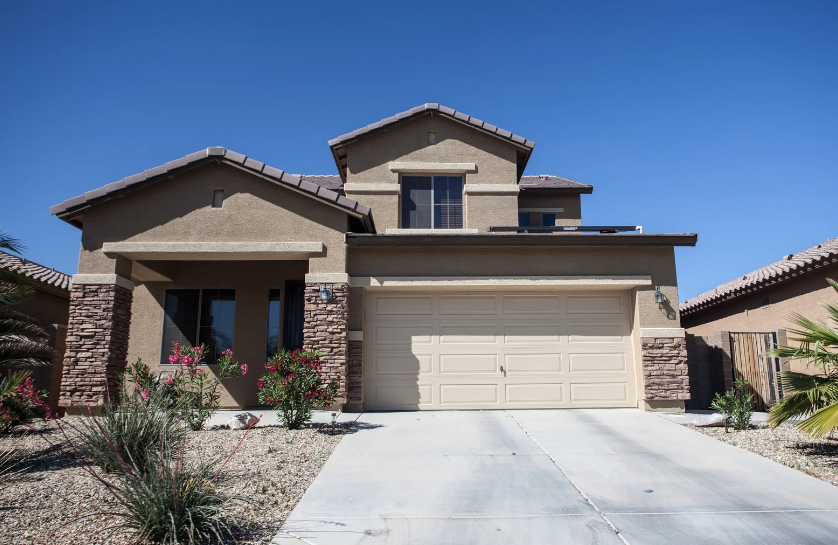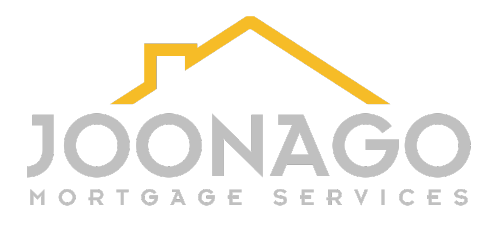Buying a House Arizona: The Ultimate Guide with Joe Huljak at Joonago Mortgage
So, you’re thinking of making Arizona your new home? You’re not alone! Arizona is one of the most moved to states in the U.S. and for good reason. With its beautiful desert landscapes and endless sunshine it’s no wonder people are moving here. But before you start house hunting you need to do your research and prepare for the process. Now is a great time to buy in the Arizona real estate market, with prices stabilizing and more listings coming on the market. In this guide I'll walk you through everything you need to know to navigate the Arizona housing market.
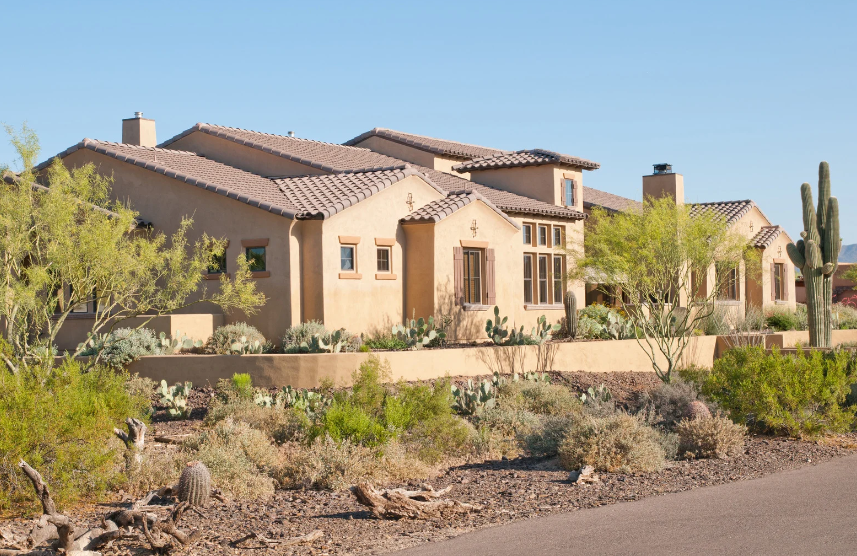
Where to live in Arizona
Want to live in a suburban, urban, or in the middle of the desert or near the mountains? Arizona has it all. If you’re not tied to a specific city for your job, compare housing prices and the total cost of living in different parts of the state. Phoenix is the largest city in Arizona and is a popular choice but expect competition. Tucson is another great option with median home prices lower than the statewide median. Consider commute time, schools and amenities when choosing the right location for you. Research neighborhoods, talk to locals and weigh the pros and cons of each area to find the perfect fit.
Tips for buying a house in Arizona
As you navigate the journey to homeownership remember these:
- Determine your budget: Calculate how much you can borrow and what your monthly mortgage payment will be.
- Assess your debt-to-income ratio: Lowering your debt-to-income ratio can get you better loan rates.
- Check loan limits: Arizona’s conforming loan limits for conventional loans are $766,550 in 2024, but FHA loan limits vary by county.
- Research property taxes: Arizona’s property tax rates vary by county so factor this in your budget.
That’s just the beginning. As you go through the home buying process stay informed & prepared to get the most out of your investment.
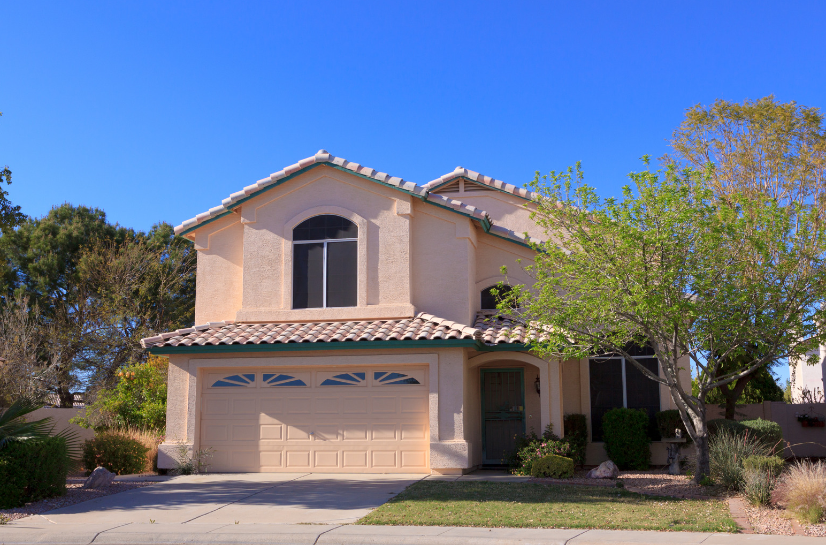
How much house can I buy in Arizona?
Buying a house in Arizona can be overwhelming, especially when it comes to determining how much house you can buy. Setting a maximum monthly mortgage payment is important; generally, it should be 35% or less of your take home pay. But don’t worry, we got you covered. In this section we’ll walk you through the process of determining your budget, getting preapproved for a mortgage, finding the right lender and more.
Down payment in Arizona
One of the biggest obstacles to buying a house is coming up with the cash for a down payment. But did you know there are programs that can help you with that? For example, the Arizona Industrial Development Authority’s HOME+PLUS program offers a 3-year forgivable loan that can cover up to 5% of the purchase price. And if you’re buying a house in a low-income neighborhood you may be eligible for additional down payment assistance. Ask your loan officer about these programs and others that may apply to you. Also consider how much you can put down. While 20% is ideal, you may be able to put down as little as 3% with some mortgage options. But keep in mind if you put down less than 20% you’ll need to pay private mortgage insurance (PMI).
Get preapproved for a mortgage
Affordability is key when buying a house, and getting preapproved for a mortgage is a big part of determining how much you can buy. To get preapproved you’ll need to gather documents such as pay stubs, tax returns, bank statements and sources of income. Your lender will use these documents to determine how much they’ll lend you. Once you’re preapproved, you’ll get a letter stating how much you can borrow. This letter is important when making an offer on a house as it shows the seller you’re a serious buyer who has already got financing. The preapproval process usually takes a few days to a couple weeks depending on the lender. Some lenders may even offer instant preapprovals so be sure to shop around and compare rates and terms.
Find a lender
Arizona mortgage lenders offer many options, so you need to shop around and compare rates and terms. Look for lenders that offer low interest rates, low fees and flexible payment terms. For example if you’re looking for a lender that offers specialized loan programs such as VA loans or USDA loans you may want to work with a lender that has experience with those types of loans.
If you're looking to start the home buying process, consider Joonago Mortgage Services! With a great online reputation and many years of experience, we got you covered, no matter what your unique financial situation is. Click the button below to get started!
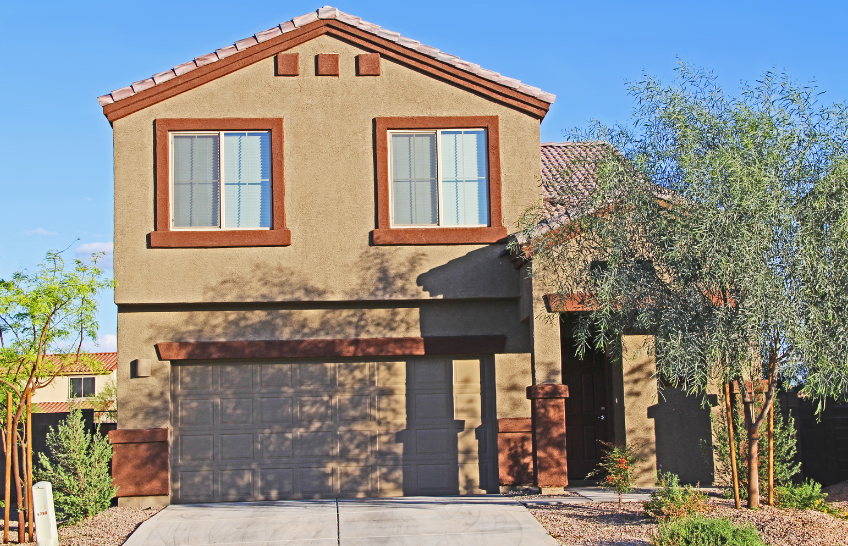
Types of Loans and Assistance Programs
Your path to owning a home in Wisconsin includes learning the differences between conventional and government-backed loans. Conventional loans are not backed by any government entity and usually require a larger down payment. Government-backed loans include FHA loans, VA loans, and USDA loans. These loans generally have more lenient eligibility requirements and usually need smaller down payments.
What are WHEDA and FHA loan programs?
WHEDA loan programs are worth researching in detail as they provide valuable information for first-time home buyers in Wisconsin to understand the loan process. The Wisconsin Housing and Economic Development Authority, or WHEDA for short, offers unique loan programs like the WHEDA Advantage FHA and WHEDA Easy Close to help buyers. These loan programs look to help reduce upfront costs associated with buying a home and include down payment assistance options.
The best thing about WHEDA loan programs is that they focus on reducing the overall costs associated with buying a home for Wisconsin first-time home buyers. WHEDA seeks to make the home-buying process more affordable for individuals in the Wisconsin housing market by offering advantageous loan options and down payment assistance.
What special loans are available for veterans and military service members?
VA loans are government-backed loans available to military veterans, service members, and their spouses. These special loans offer tremendous benefits like zero down payment, zero private mortgage insurance, and low interest rates. VA loans exist to honor our military personnel’s service and sacrifice by providing them with unique home-buying opportunities.

FAQs
Arizona is different from other states when it comes to buying a house. Here are some FAQs to help you through the process:
Is it worth buying in Arizona?
Arizona houses can be a good investment especially with the current market. Arizona property taxes are low, averaging around $1,150 per household. But you need to consider the climate and weather risks in Arizona such as wildfires and flooding. Make sure to factor in additional insurance costs to protect your investment.
What do I need to buy a home in Arizona?
The requirements to buy a home in Arizona are the mostly the same as other states. You’ll need a good credit score (above 620 in most scenarios) and enough income to qualify for a mortgage. You’ll need to gather documents such as pay stubs, tax returns and bank statements to get preapproved for a mortgage.
Is it a good time to buy a house in Arizona?
Anytime can be a good time to buy a house in Arizona depending on your situation and financials. But with the current market, now may be a good time to buy. You need to do your homework, compare prices and consider property taxes, insurance costs and maintenance costs before making a decision.
How much should I save for a down payment in Arizona?
Arizona houses often require a big down payment, 20% of the purchase price. But there are programs that can help with down payment assistance such as the Arizona Industrial Development Authority’s HOME+PLUS program. To qualify for these programs, you need to meet income and credit score requirements. You need to research and explore your options before making a decision. There are also many loan programs that may only require 5% down, or even 3% down. It's important to talk to a loan officer, such as myself, to go over your unique financial circumstances.
Can I buy a house in Arizona if I’m not a resident?
Arizona allows non-resident buyers and there’s no restrictions on out of state buyers (in most cases).

Financing
Buying a house in Arizona is a dream for many. But it can be overwhelming especially when it comes to financing. Mortgage lenders require a property appraisal to determine how much they can lend and to protect the buyer during the home buying process. But there are several options to help you achieve your goal.
Conventional Loans
Conventional loans in Arizona are common. These are not insured or guaranteed by the government and have more flexible terms than government backed loans. With conventional loan you can choose from various terms like a 15-year or 30-year mortgage, and fixed or adjustable interest rate.
FHA Loans
FHA loans insured by Federal Housing Administration (FHA) are popular among first time homebuyers in Arizona. FHA loans have more lenient credit score requirements and lower down payment options so it’s a good option for borrowers who can’t qualify for conventional loans. FHA loans also have more flexible debt to income ratio requirements, so you can qualify for a loan even if you have higher debt burden (depending on your financial situation. Speak to a loan officer first). Also, FHA loans have lower mortgage insurance premiums than conventional loans. A big advantage of FHA loans is lower down payment requirements, which can be as low as 3.5%. So, it’s a good option for borrowers who don’t have a lot of savings for down payment.
VA Loans
Loans guaranteed by Department of Veterans Affairs (VA) are available to eligible veterans, active-duty military personnel and surviving spouses. VA loans have several benefits including lower interest rate and lower or no down payment options. VA loans also have more lenient credit score requirements and more flexible debt to income ratios. Also, VA loans don’t require mortgage insurance which can save you hundreds or thousands of dollars a year. Conventional loan limits usually don’t apply to VA loans so you can borrow more to buy a home. However, VA loans have funding fees which can range from 1.25% to 3.3% of the loan amount.
USDA Loans
United States Department of Agriculture (USDA) offers loans to borrowers who buy homes in rural areas of Arizona. USDA loans have several benefits including lower interest rate and lower or no down payment options. USDA loan program is designed to promote homeownership in rural areas so it’s a good option for borrowers who want to buy a home in a rural part of Arizona. USDA loans also have more lenient credit score requirements and more flexible debt to income ratios. USDA loans generally don’t require mortgage insurance premiums which can save you hundreds or thousands of dollars a year. However, they are area restricted, and sometimes can be income restricted as well.
Jumbo Loans
Loans that exceed conforming loan limits in Arizona are considered jumbo loans. Jumbo loans require higher credit scores and bigger down payment than conventional loans. Jumbo loans can have more flexible terms like interest only payments or adjustable interest rate. But jumbo loans have higher interest rate and higher mortgage insurance premiums. Jumbo loans are good for borrowers who need to borrow a lot of money to buy a home. But they may require more documentation and stricter credit requirements than conventional loans.
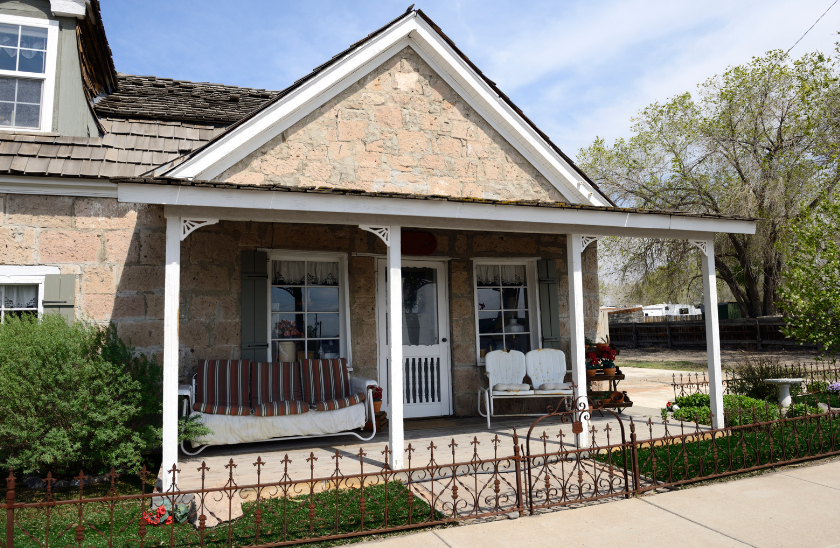
Credit Scores
The higher your credit score, the better your chance of getting approved for a mortgage with competitive interest rate. A good credit score can save you thousands of dollars in interest over the life of the loan. In Arizona, a credit score of 740 or higher is considered excellent and you’ll qualify for the best interest rates (consult with a loan officer for an assessment of your financial situation). But even a score of 620 can still get you approved for a loan, but not the best rates.
A good credit score can also give you more bargaining power when making an offer on a home. Sellers may accept an offer from a buyer with good credit score because it means you’re a reliable borrower.
Appraisals
What is an appraisal?
Every real estate transaction involves an appraisal, which is an unbiased estimate of the property’s value. A licensed appraiser will inspect the property, consider its size, condition, location and comparable sales in the area. The appraiser will then give you a written report of the property’s value.
The appraisal process takes a few days to a few weeks depending on the property’s complexity and the appraiser’s workload. You can expect to pay between $300 to $1,000 for an appraisal depending on the type of property and location.
How appraisals affect your mortgage
Every lender will require an appraisal as part of the mortgage application process. The appraised value of the property is collateral for the loan, so the lender wants to make sure the property is worth at least as much as the loan amount.
If the appraised value is lower than the sale price you may need to renegotiate the price with the seller or make up the difference yourself. In some cases, the lender may not approve the loan if the appraised value is significantly lower than the sale price. The appraisal can also affect your loan terms.
Ready to buy a home in Arizona?
Click the button below to get started today! Whether it's your first home or your last, let Joe Huljak at Joonago Mortgage Services be your mortgage guide. Joe knows exactly what it takes get your mortgage closed. Unlike most banks with 9-5 hours, Joe operates on your schedule & is available whenever you need him to ensure your home loan journey is both smooth and timely. With over 20 years of experience and an amazing online reputation, Joe at Joonago Mortgage Services is your go-to loan officer for any and all your mortgage needs.
